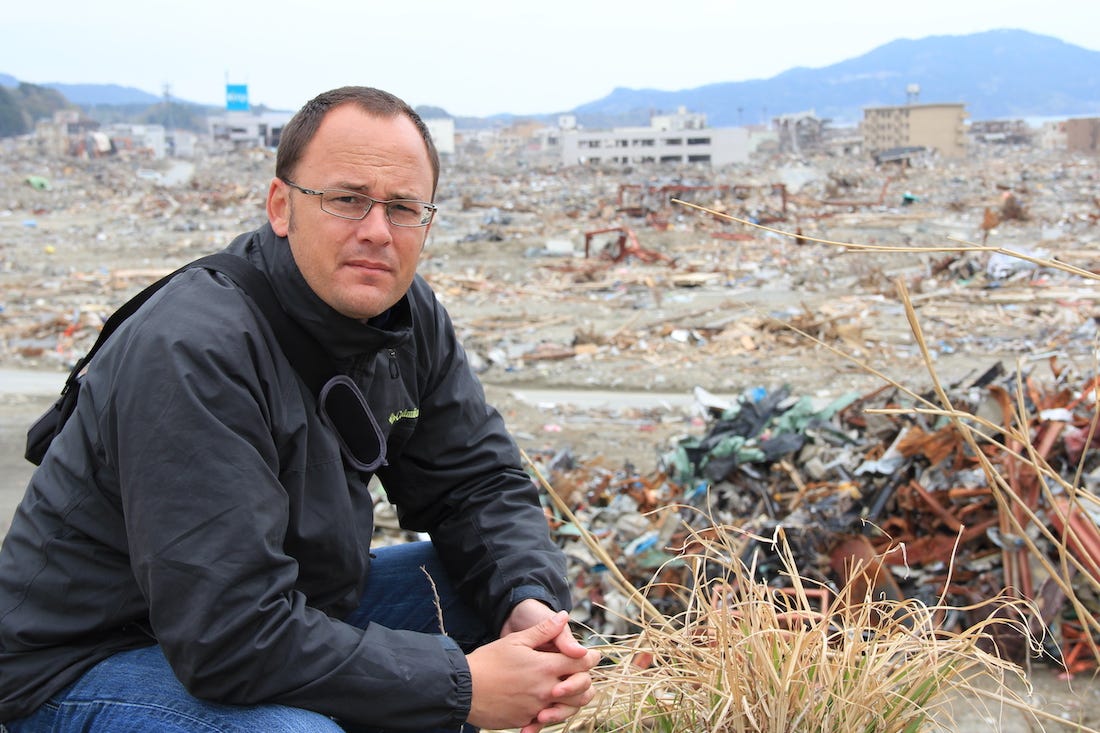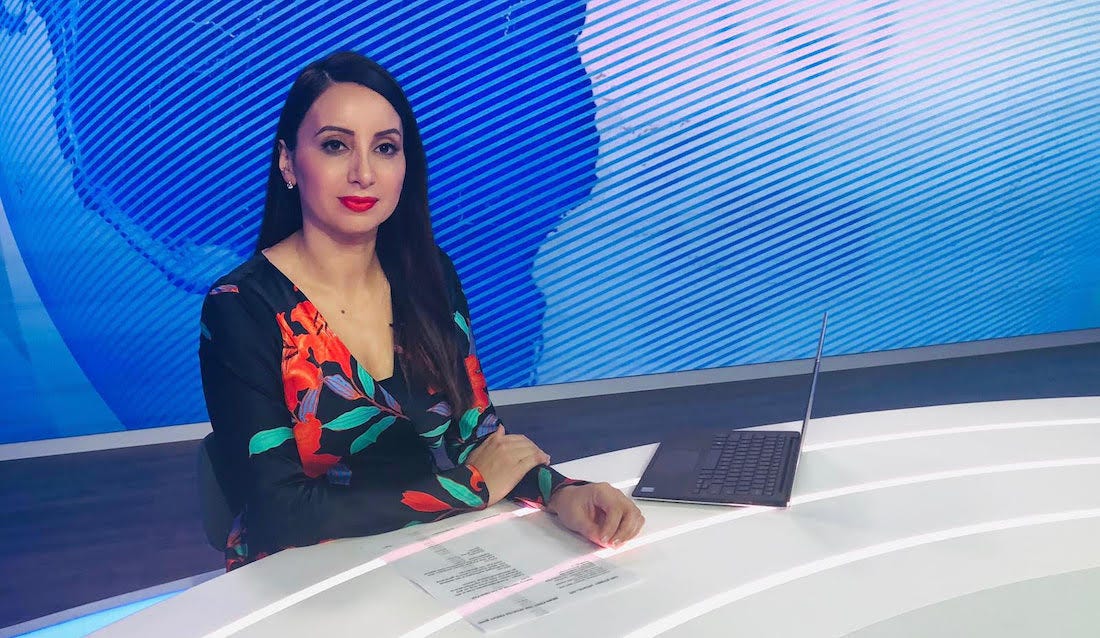Journo Project journos receive Walkley nominations
What a great week for celebrating great journos! Thanks for checking in again my Wandering Journo tribe!
Thanks to all your support you can go straight to the newsrooms where these reporters are based and hear my face to face interviews with them in glorious sound quality that makes you feel like you’re sitting right there at the table with us.
In this the latest of my recap series of The Journo Project, we’re going to revisit the best and brightest journos of the land!
Congrats to Mark Willacy and Adele Ferguson!

First, to further prove how The Journo Project is well ahead of the curve, two Journo Project interviewees are finalists in The Walkley Awards!
Finalists announced for the 2019 Walkley Awards for Excellence in Journalism
Congrats to you Mark and Adele! Mark Willacy is a finalist in the Public Service category for his Four Corners expose “Inside the Watch House”.
Adele Ferguson is on the long list for the Walkley Award for Best Book and is also a finalist in the Business Journalism category for her story in the Sydney Morning Herald and The Age, “Secret interviews reveal risky business for NAB’s top executives”.
We featured Adele’s Journo Project podcast episode in last week’s newsletter so this week let’s celebrate Mark’s achievements. I’m not sure when he sleeps because Mark covers an eye-popping range of stories!
Mark Willacy

In his episode of The Journo Project, Mark Willacy talks about the need for a constitutional need for a free press, and urges us all to not be complacent about press freedom in Australia.
He says the lack of basic protections for media freedom have wide implications beyond journalism practice, also impacting democracy in Australia.
“We’re one of the few democracies that don’t have freedom of the press enshrined in some form of constitutional right or Bill of Rights, and that, to me, is a worry, because politicians, even the most shrill authoritarian versions of them, I think admit the press play an important role,” he says.
“How would they even get their message out without a free press?
“I think it’s time for this debate to happen in Australia that maybe we need to enshrine freedom and independence of the press officially in our constitution or in a Bill of Rights of some form.
“Chris Masters, when he exposed police corruption on ‘The Moonlight State’ Four Corners program in 1987, I think showed that was our greatest piece of journalism committed in this state and it led to major change in this state, political, justice, law and order. It really changed this state.
“I think we can never take our freedoms for granted and I think the media needs to keep reminding people what those freedoms are and why we need to keep fighting for them.”
He says investigative journalists are having to dust off some of their older methods as well as being across the latest digital technologies to better protect sources in this environment.
“If we want to give sources 100% confidentiality, we have to also teach our sources what to do with their technology, so, for example, the use of Signal or WhatsApp. But we’re even sort of investigating better technology or more safe technology than that,” he says.
“For example, when I go to meetings with sources who I know are going to give me something, I leave my phone behind. That way if there was ever an investigation, my phone and the source’s phone aren’t going to be in the same spot.”
Mark Willacy never stops in his pursuit of truth. This is the story that he exposed this week, showing all was not as it seemed in Afghanistan:
Death toll much higher at Afghanistan protest than NATO publicised, according to human rights report —ABC News
Antoinette Lattouf

Continuing the theme of this #righttoknow week (more on that later in the newsletter!) we now recap the episode featuring the incredible Channel 10 reporter and presenter Antoinette Lattouf, who since featuring on The Journo Project podcast, has been named among The Australian Financial Review’s 100 Women of Influence.
She is a senior journalist and presenter at Network 10 and director and co-founder of Media Diversity Australia, a not-for-profit organisation that’s working to make news media more reflective of multicultural Australia.
Antoinette says her Lebanese heritage has always been a strong motivator for telling the stories of an often overlooked but significant group of people.
“My parents came over as civil war refugees, and seeing their journey in Australia, but also being at high school when September 11 happened, and then growing up, trying to identify and reconcile being of Arab lineage,” she says.
“I felt really frustrated that my community was spoken about, and there was so much media narrative, and public scrutiny, and our voices were missing.
“When 49% of Australians were born overseas or have a parent born overseas, I’ll argue that we are no longer a minority. Different is the mainstream. And our media needs to engage that, reflect that.”
Her Network 10 stories such as the expose on forced marriage in Western Sydney have won many awards, and defied the stereotype that they can only be done by heavier ABC programs such as Four Corners.
“These stories are important,” she says.
“To the national discussion, to policy leaders realising this isn’t something that just happens in the Middle East or in Asia or in a far away land, this is happening under our noses and we don’t realise it.”
What I’m reading (and hopefully you too!)
Hopefully you saw the front pages of many of the nation's papers on Monday in the #righttoknow campaign. What a great way to get across the cost of losing press freedom in this country.
Media unites to rally for press freedom, taking campaign to front pages and airwaves —ABC News
I saw Annika Smethurst speak at the Women in Media conference earlier this year, and she was well aware of the threat of jail time hanging over her head, simply for reporting on an issue of public interest. This is not acceptable in a mature democracy such as Australia. We don’t want to go back to the dark days of The Moonlight State. That pivotal Chris Masters’ 4 Corners expose might have been 30 years ago, but its themes of showing the ramifications of the collapse of the separation of powers between judiciary, police and the government seem eerily familiar now.
Christian Porter says he can’t guarantee he wouldn’t prosecute journalists —The Guardian
Thanks to you all, my Wandering Journo tribe!
See you soon!


